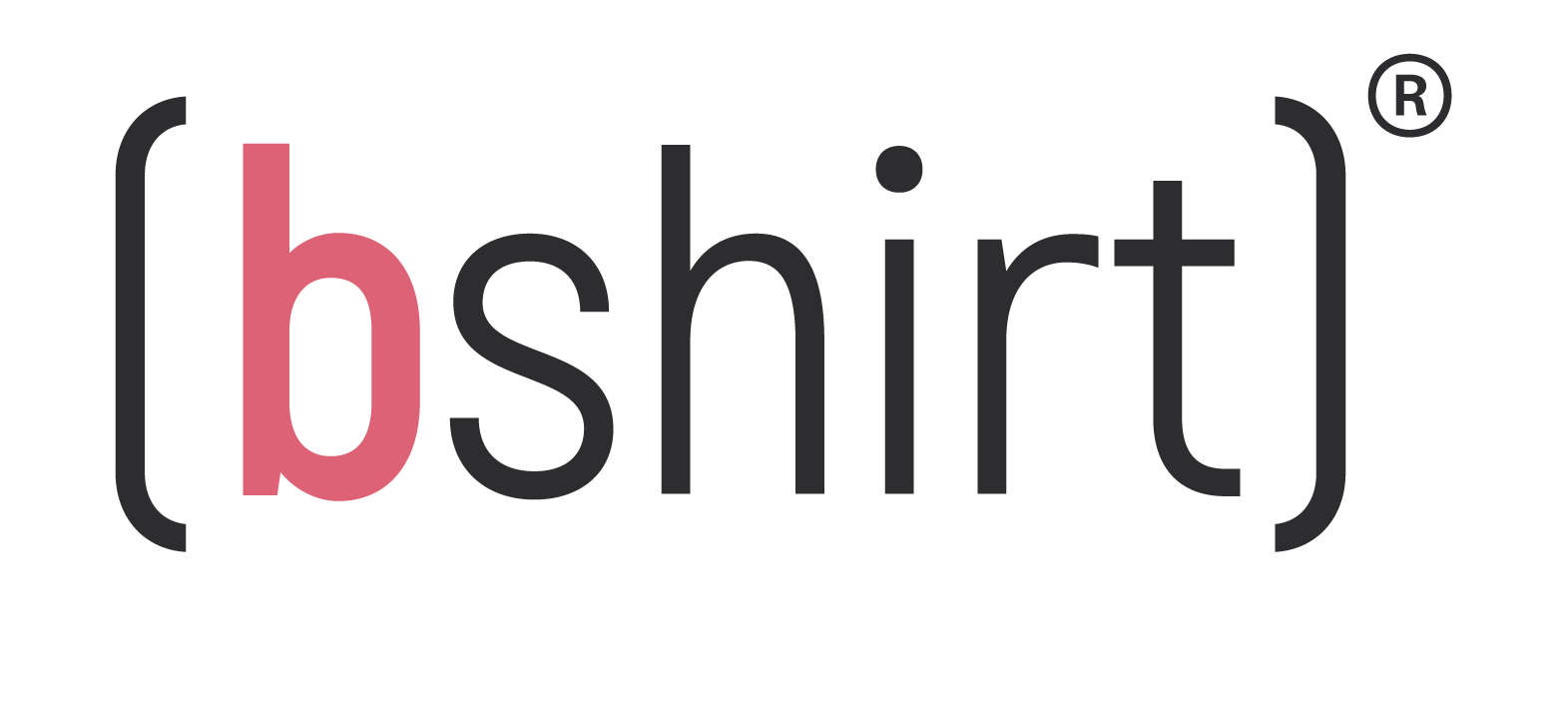
10 Things you might not know about Antibodies and Breastmilk - from trusted sources
All babies are born with passive immunity as they receive antibodies through the placenta while in utero. Passive immunity means that it's not the child's own immune system fighting the disease, but antibodies it has aquired from another source (that's mum in this case). Passive Immunity in newborn babies is only temporary and starts to decrease after the first few weeks or months. Breast milk also contains antibodies, which means that babies who are breastfed benefit from passive immunity for longer.

Here are 10 things you might not know about the passive immunity of Breastfed Babies...all taken from trusted sources (links included).
Cold and Flu Viruses
Influenza (also called flu) is an acute respiratory tract illness caused by influenza viruses that infect the nose, throat, and lungs, causing a contagious respiratory illness. Flu can cause mild to severe illness, and at times can lead to death. Pregnant women and young children, among others (e.g., adults 65 years of age and older, people with certain medical conditions) are at high risk of developing flu-related complications. Source
If you develop a cold while breastfeeding, for example, you are likely to pass the cold germs on to your baby—but the antibodies your body produces to fight that cold also will be passed on through your milk to your baby. These antibodies will help your infant conquer the cold germs quickly and effectively and possibly avoid developing the cold altogether. Source
Can infants who have flu continue to breastfeed?
Yes. When an infant has flu, the mother should be encouraged to continue breastfeeding or feeding expressed breast milk to her infant. Infants who are ill need fluids to stay hydrated and breast milk is the best option. Expressed breast milk can also be given from a cup, syringe, or bottle if the infant is unable to breastfeed directly at the breast. Source
Can the flu be transmitted through breast milk?
No. Flu is not spread to infants through breast milk. The flu is spread mainly from person-to-person via respiratory droplets when people cough, sneeze, or talk, or possibly, when a person touches a surface or object that has the flu virus on it and then touches their own mouth or nose. Source

Should mothers continue breastfeeding if they have flu or come in contact with someone with flu?
Yes. A mother’s breast milk contains antibodies and other immunological factors that can help protect her infant from flu and is the recommended source of nutrition for the infant, even while the mother is ill. If a mother is too sick to feed her infant at the breast and another healthy caregiver is caring for the infant, the breastfeeding mother should be encouraged and supported to regularly express her milk so that the infant continues to receive her breast milk. Prior to expressing breast milk, mothers should wash their hands well with soap and water and, if using a pump, follow recommendations for proper cleaning. Because breast milk supply could decrease for some mothers while they are ill, mothers may need additional lactation support from a lactation provider to address milk supply concerns, reduce the possibility of developing a breast infection, and support the breastfeeding relationship during this time. Source
IgA (Secretory Immunoglobulin A)
IgA is considered the most important immunoglobulin in breast milk. IgA is important because it coats and seals your baby's respiratory and intestinal tract to prevent germs from entering his body and his bloodstream. The IgA antibodies in breastmilk can protect your child from a variety of illnesses including those caused by bacteria, viruses, fungi, and parasites. Source

Chicken Pox
If the mother has had chickenpox, she'll have developed immunity against the condition and some of the chickenpox antibodies will be passed to the baby. But if the mother hasn't had chickenpox, the baby won't be protected. Once the baby is weaned, the child can get chickenpox again (but very mildly)! Source
Tailor Made
Mothers may thus be considered as immune 'factories', providing infants with antibodies that prevent, postpone or attenuate diseases caused by pathogens in their environment. Given the symbiosis between the breastfed infant and his/her mother during the first weeks of life, the microorganisms in the mother's environment are likely the same as those encountered by the infant. Intriguingly, milk composition changes (i.e., increase in the total number of white blood cells and higher TNF-α levels) have been documented in relation to active infection in the nursing infant. Source
Allergy Prevention
With regard to allergy prevention, there is some evidence that breastfeeding protects babies born to families with a history of allergies, compared to those babies who are fed either a standard cow’s milk based formula or a soy formula. In these “at risk” families, breastfed babies generally had a lower risk of milk allergy, atopic dermatitis (commonly known as eczema), and wheezing early in life, if they were exclusively breastfed for at least four months. It is presumed that immune components in maternal milk provide protection against these allergic diseases. Source
Lifelong Protection
A mother's breast milk supports immune responses in her newborn that help the infant's gut become a healthy home to a mix of bacterial species, thanks in part to newly identified antibodies from the mother, according to a study by UC Berkeley researchers.
"Breastfeeding helps to instruct the newborn's immune system on how to appropriately respond to non-pathogenic bacteria (healthy bacteria), many of which may reside in the gut for a lifetime." Source.

Go the Distance
Protection against infections has been well evidenced during lactation against, e.g., acute and prolonged diarrhea, respiratory tract infections, urinary tract infection, neonatal septicemia, and necrotizing enterocolitis. There is also interesting evidence for an enhanced protection remaining for years after lactation against diarrhea, respiratory tract infections and wheezing illness. In several instances the protection seems to improve with the duration of breastfeeding. Source



